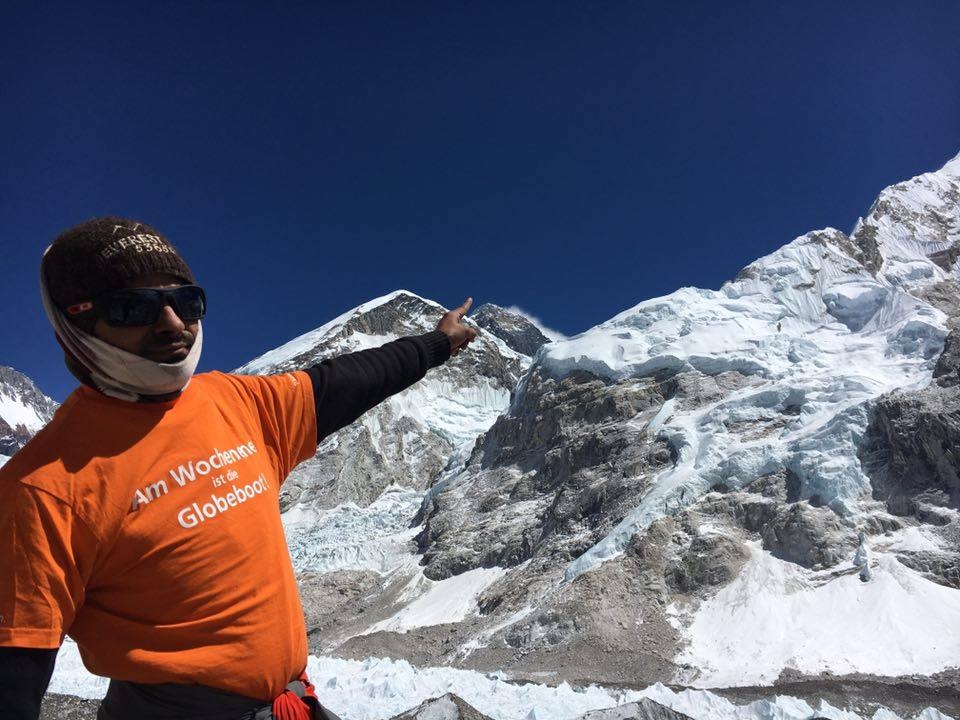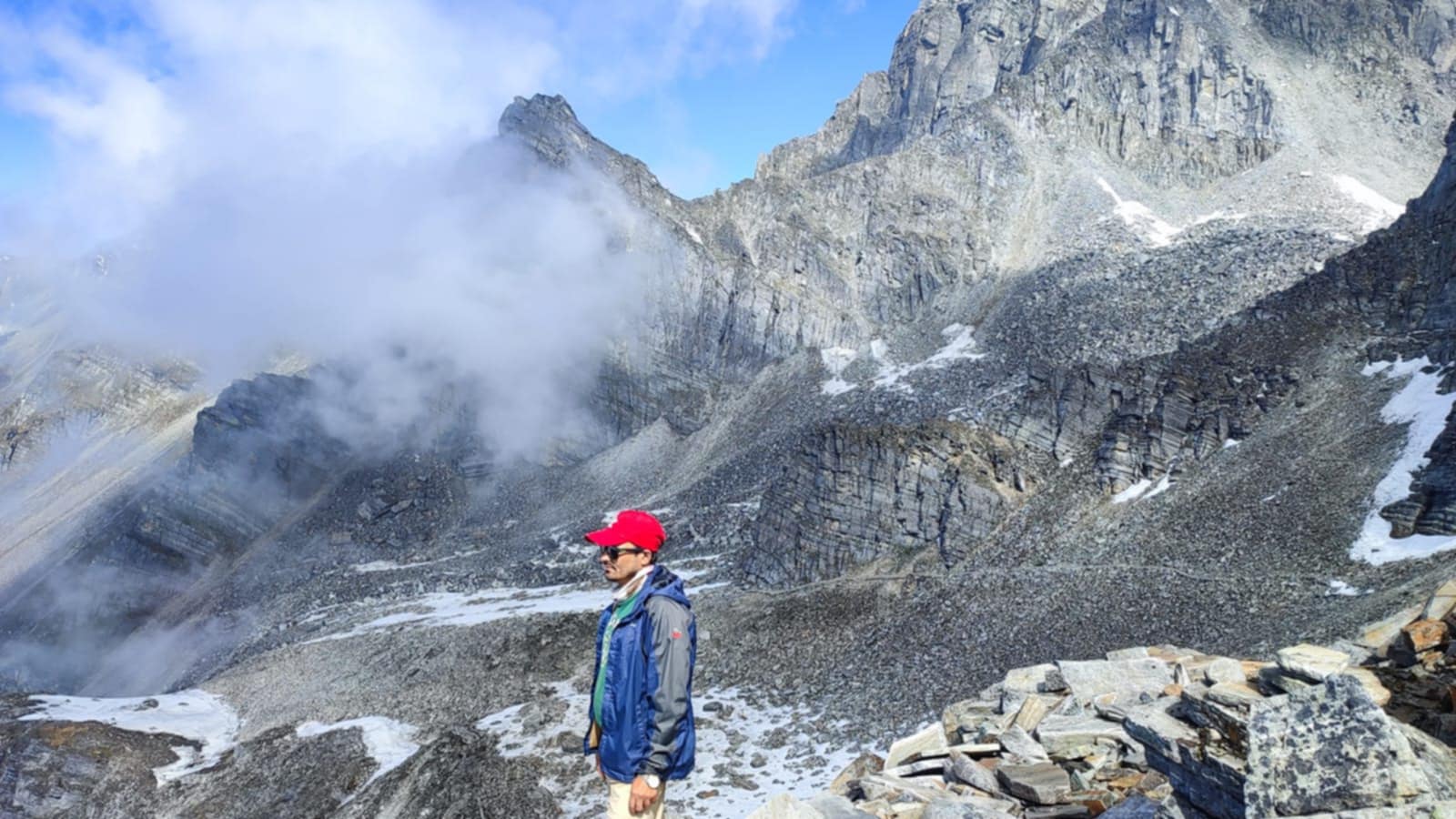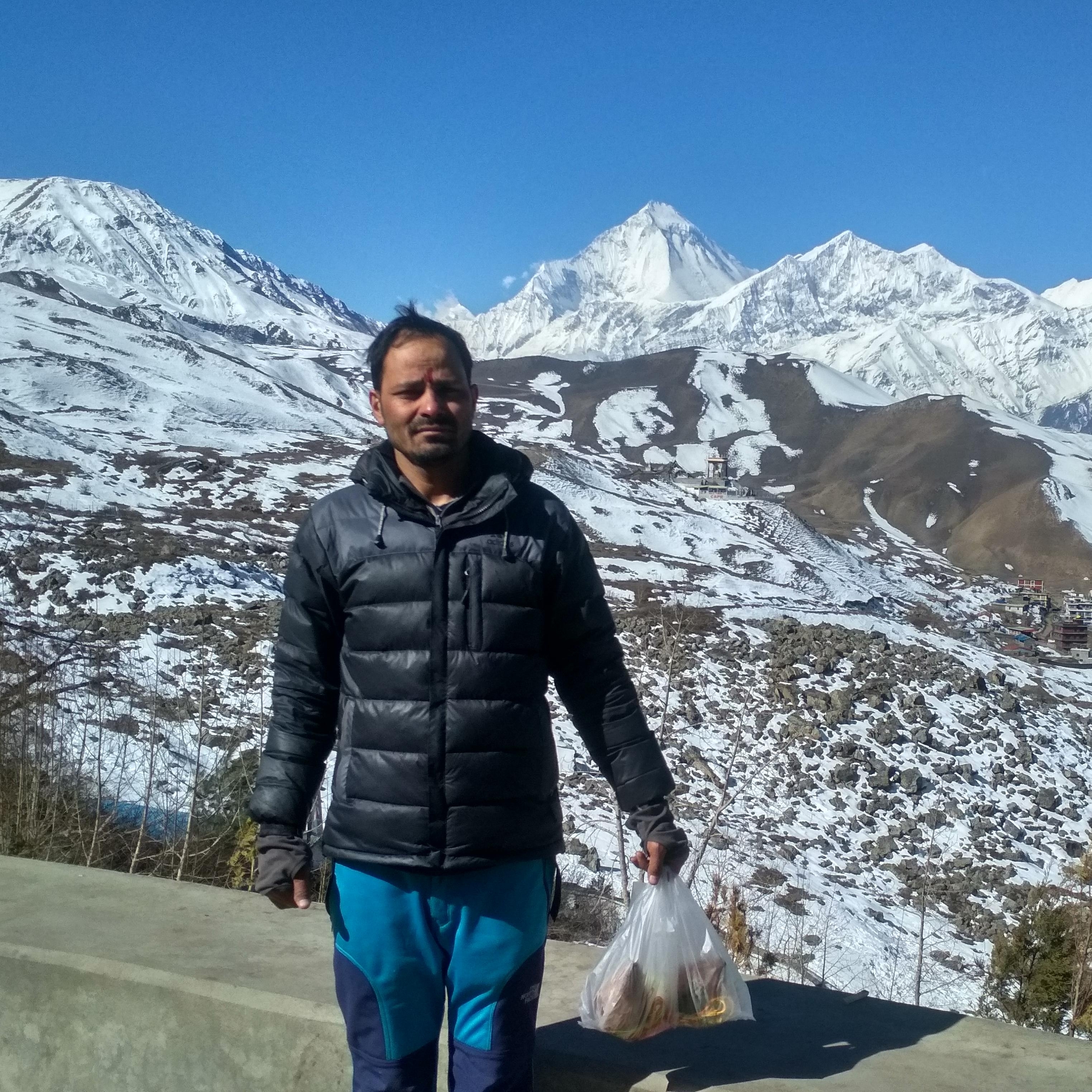Sikles Trek
Sikles Trek Highlights
- Observing the delightful scene of watching birds in the verdant forest.
- Familiarity with the experience of walking through a forest of rhododendron.
- Feel what it's like to ride a track through an oak forest.
- For some reason, Sikles' bamboo is also well-known.
- Sikles offers stunning views of many other pristine snow-capped peaks, including Lamjung Himal, Mount Dhaulagiri (8167 m), Hiunchuli (6366 m), Fishtail (6999 m), and Annapurna (7937 m).
- This lovely hike serves as a wonderful introduction to the Annapurna range's natural beauty as well as the rich culture and way of life of the Gurung people.
Sikles Trek is a quick and simple hiking excursion that passes through lovely Gurung-inhabited villages. Sikles Trek begins with breathtaking views of snow-capped mountains and breathtaking landscape scenes. From Kathmandu, we drive to the picturesque city of Pokhara, which is blessed with a beautiful climate. From Milan Chowk, we take a short drive to begin our trekking adventure towards Kharpani. At Kharpani, we have access to a natural hot spring. And then, we pass through the lovely Gurung village of Ghalegaun, where we get to see the delightful sight of local Nepalese people interacting with visitors while also sharing their common culture.
From here, at an elevation of about 2,000 meters, we have fantastic views of both Annapurna and Lamjung Himal. The Sikles Trek is a quick, two-day hike through the picturesque Gurung villages that surround Pokhara. Difficult walks and altitude sickness are not to be feared. The vast majority of visitors to Nepal have heard of sickles. As a result, we heartily suggest the Sikles Trek to any travel enthusiast who wishes to experience the greatest of Pokhara’s natural beauty and local culture. When making travel plans for this trek, sign up with Nepal Holiday Treks and Tours for the best services.
Best Season to Trek on Sikles?
The two best seasons to go on Sikles Trek are in the spring and the fall. March marks the start of the spring season, which ends in May. On the other hand, the autumn season lasts from September to November. During these months, tourists and trekkers from all over the world swarm the sikle routes.
Transportation
Since it is quite challenging to begin our trek on Sikles in a local vehicle, if you would prefer a private jeep or vehicle, we can arrange for one for you. In it, you can explore the route to Sikles and take in the breathtaking views of the Trishuli River and mountains. If you intend to take a public transportation, you will also need to switch between vehicles periodically; the first will drop you off in Pokhara from Kathmandu, and the second will take you from Pokhara to Sikles. Additionally, you will be dropped off at our international airport in Kathmandu by our private vehicle from Timag, the final destination of your trek.
Food and Accommodation
Breakfast, lunch, and dinner are the three meals a day that you can select from the menu. However, you are limited to eating breakfast in Pokhara on the first day of the trek. Visitors to Sikles must provide their own food. There are no grocery stores nearby. However, there are tea houses where you can purchase items like toast, omelets, boiled eggs, tea, and so on.
During the trek, there are some simple tea house accommodations available. While Pokhara has plenty of hotels, lodges, and guest houses, most visitors to Sikles prefer to spend the night camping due to the lack of necessary infrastructure in the area.
Highest altitude during Sikles Trek
The Namun-la Pass trek, which ascends to a height of about 5,300 meters (17,388 feet) above sea level, is the highest point of the Sikles trek. This means that because of the thinning air and potential altitude-related difficulties, it is a high-altitude trek that needs appropriate acclimatization and preparation. As they proceed on the Annapurna Circuit trek, trekkers usually approach Namun-la Pass from the Manang side, taking in expansive views of the surrounding Himalayan peaks along the way.
Altitude sickness
The village is at an elevation of 1,980m and the maximum elevation gain during this trek is 2,200m. So, there is very little or no chance of getting altitude sickness. Therefore, Sikles trek is appropriate for all age groups of travelers having good physical fitness. But on the route to Sikles via Namun La Pass; we have to pass from almost more than 5600m, which may cause a little altitude sickness to the beginners.
Travel Insurance
We highly advise you to obtain travel insurance prior to embarking on a hiking adventure. Verify that accidents that occur in high altitudes or overseas are covered by your insurance. While we make every effort to look after you, accidents happen occasionally and are beyond our control. So, it is best to have insurance for your personal safety in the event of a medical emergency that necessitates a helicopter evacuation.
Guide and Porters
All trekking activities should be carried out with a government-licensed guide and porter, according to the Nepal Tourism Board. Our top priority is keeping you safe. For this reason, our porter and guide are committed to ensuring your safety while making your trekking experience in Nepal unforgettable. We prioritize the safety of our porters and guides in addition to yours. Notably, insurance facilities are offered to our guide and porter.
Sikles Trek Itinerary
Arrival at Kathmandu and Transfer to hotel
Drive from Kathmandu to Sikles
Trek from Sikles to Tasha
Trek from Tasha to Kori
Rest Day at Kori
Thuli Lake Overnight Camping
Trek from Thuli Lake to Tharju
Trek from Tharju to Namun-la Phedi via Namun-La Pass
Trek from Namun-La Phedi to Timang
Drive from Timang to Kathmamndu
Departure at Tribhuvan International Airport
Sikles Trek Inclusions
What's included
- Local bus from Kathmandu to Sikles
- Trekking permits and TIMS card
- Three times meals a day- Breakfast, Lunch, Dinner and accommodation in teahouse/ lodge during the trek
- A highly Experience, helpful, knowledgeable, friendly, English speaking well trained, government license holder Guide with all his salary, food, Drinks, accommodation, equipment, transport, and insurance
- Strong, helpful, porters with proper safety equipment and walking equipment his salary, food, drinks, accommodation, transport & insurance, (one porter for two people & he will carry bag pack max 20-25kg)
- Fresh fruits and tea with cookies a day
- All Government taxes and company service charge
- Medical support kit box
Add-ons
What's not included
- Fee of visa for Nepal
- Personal expenses for bar and beverages bills , bottle of water , desserts , extra porters, shower, laundry or any other program which are not mentioned by the company
- Airfare to come Nepal or return back to your own country
- If you want to stay for extra nights in a certain destination
- Travel insurance for health and evacuation
- Tips which may be provided by you to our guides, porters or anyone during the trip
Sikles Trek FAQs
How long is the trek?
The Sikles Trek is usually 7–8 days long, but can be extended.
When is the best time to go?
The best time to go is during spring (March–May) or autumn (September–November). The weather is favorable during these seasons, with clear skies and few chances of rain or snow.
What permits are required?
You need an Annapurna Conservation Area Permit (ACAP) and a Trekkers Information Management System (TIMS) card. You can get these permits at the Tourism Information Center in Pokhara.




